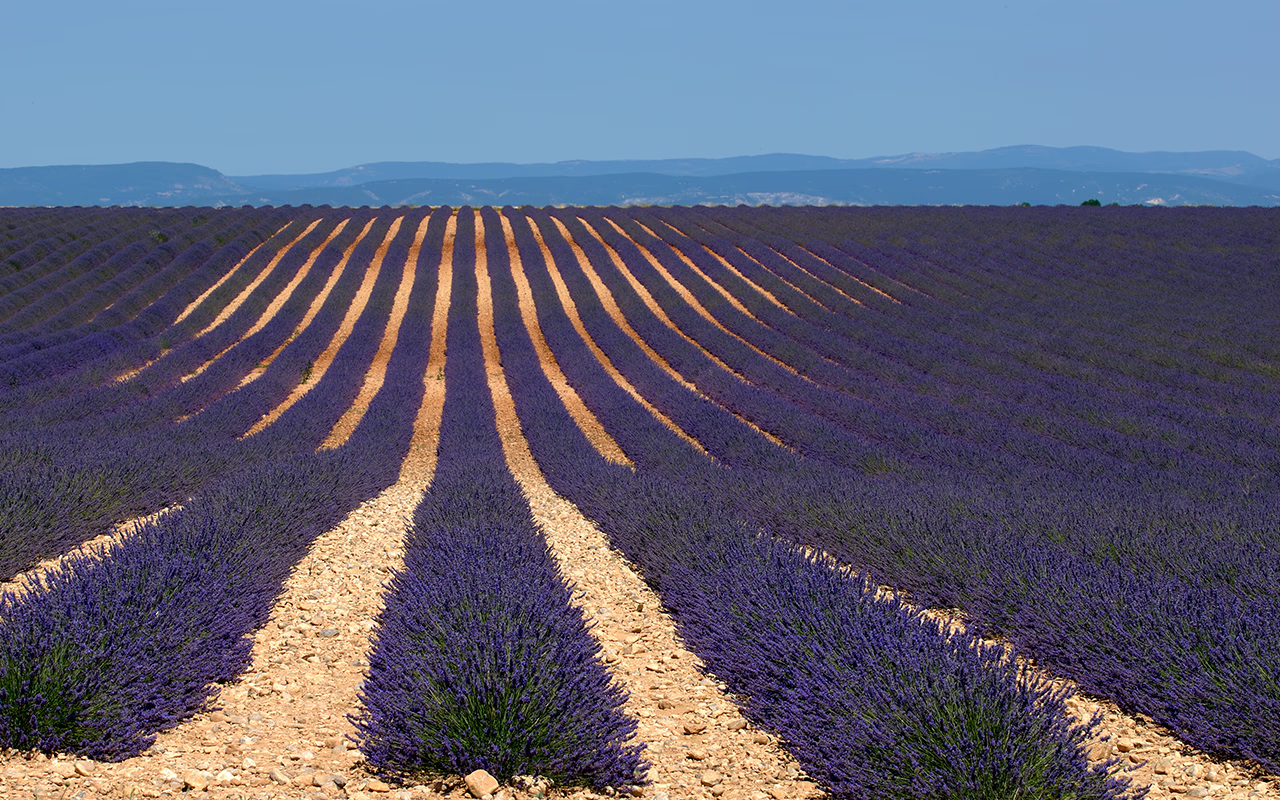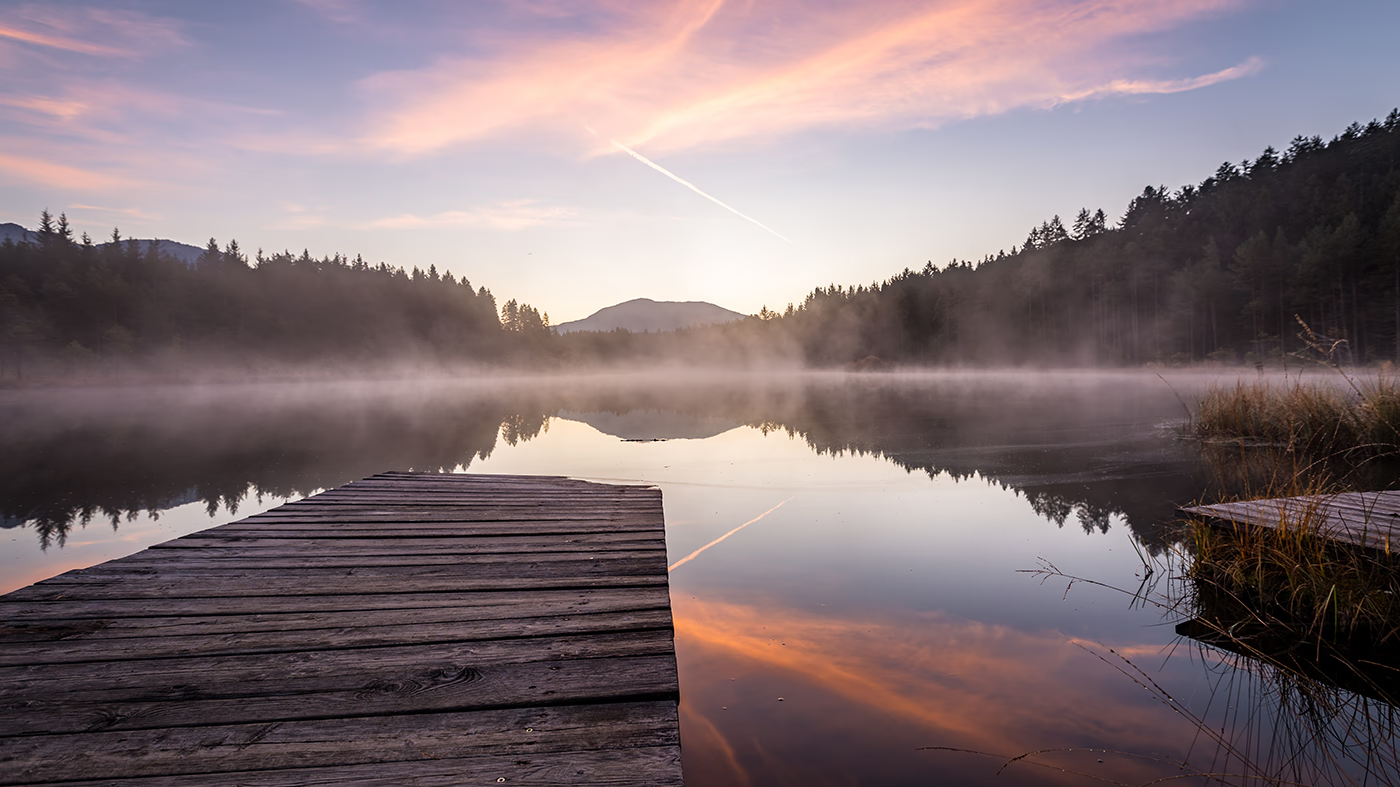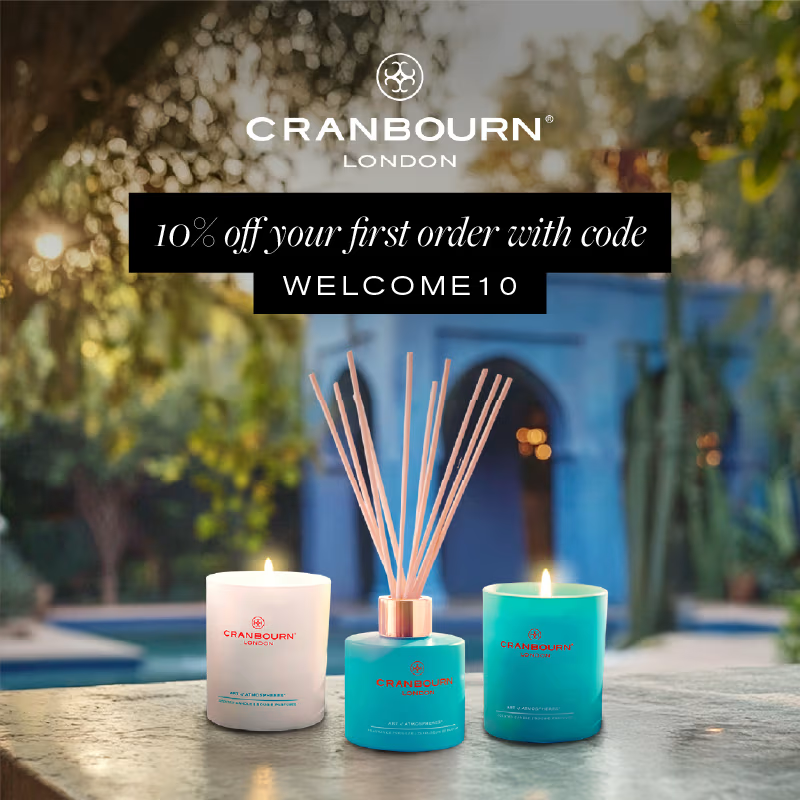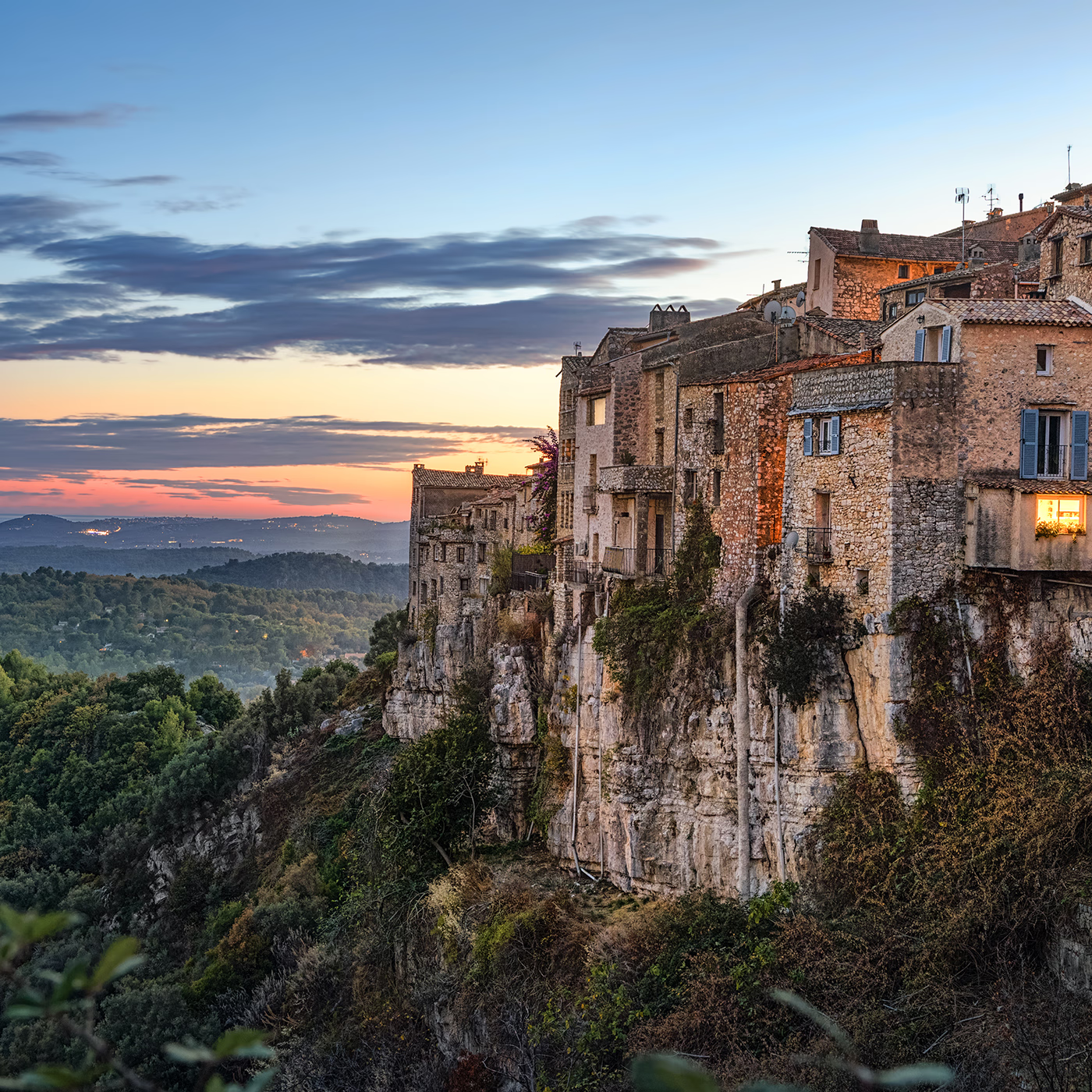
De reis naar moderne geur
Onze liefde voor de kunst van de parfumerie zit diep - dus we dachten dat we het terug zouden nemen naar het begin van de lange en bochtige reis naar de moderne geur van oude apothekers en culturen.
Een parfum is een stof, extract of preparaat dat een aangename geur afgeeft. Het woord parfum is afgeleid van het Latijnse werkwoord parfum – wat 'door roken' betekent.
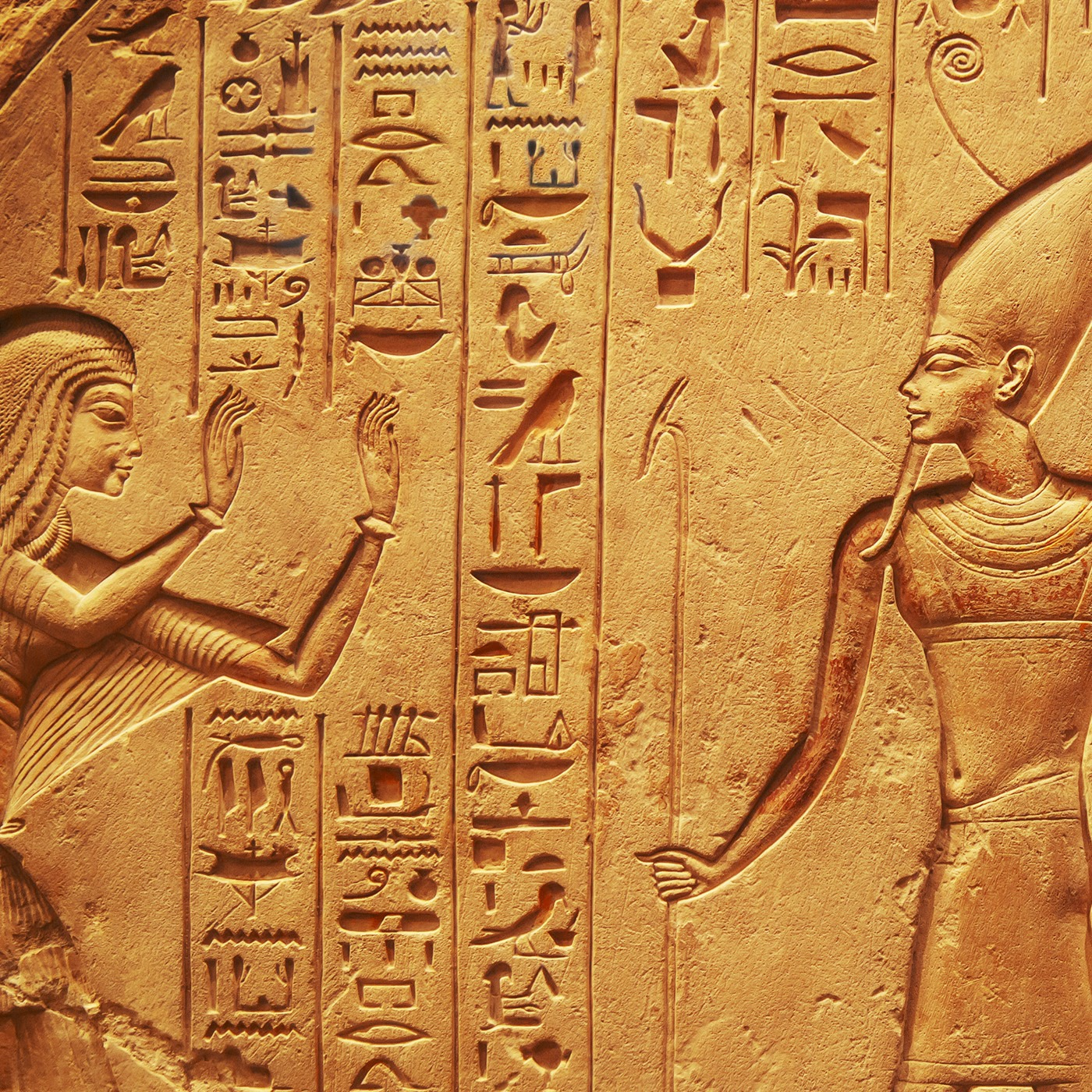
Oude beschavingen en apothekers
De kunst van het maken van parfums vindt zijn oorsprong in het oude Egypte, Mesopotamië, de Indusvallei en China. Het werd vervolgens verbeterd door de Romeinen en vroege Arabische en Perzische apothekers, die de techniek van destillatie en de suspensie van essences die gewoonlijk afkomstig waren van plantaardige ingrediënten in alcohol ontwikkelden.
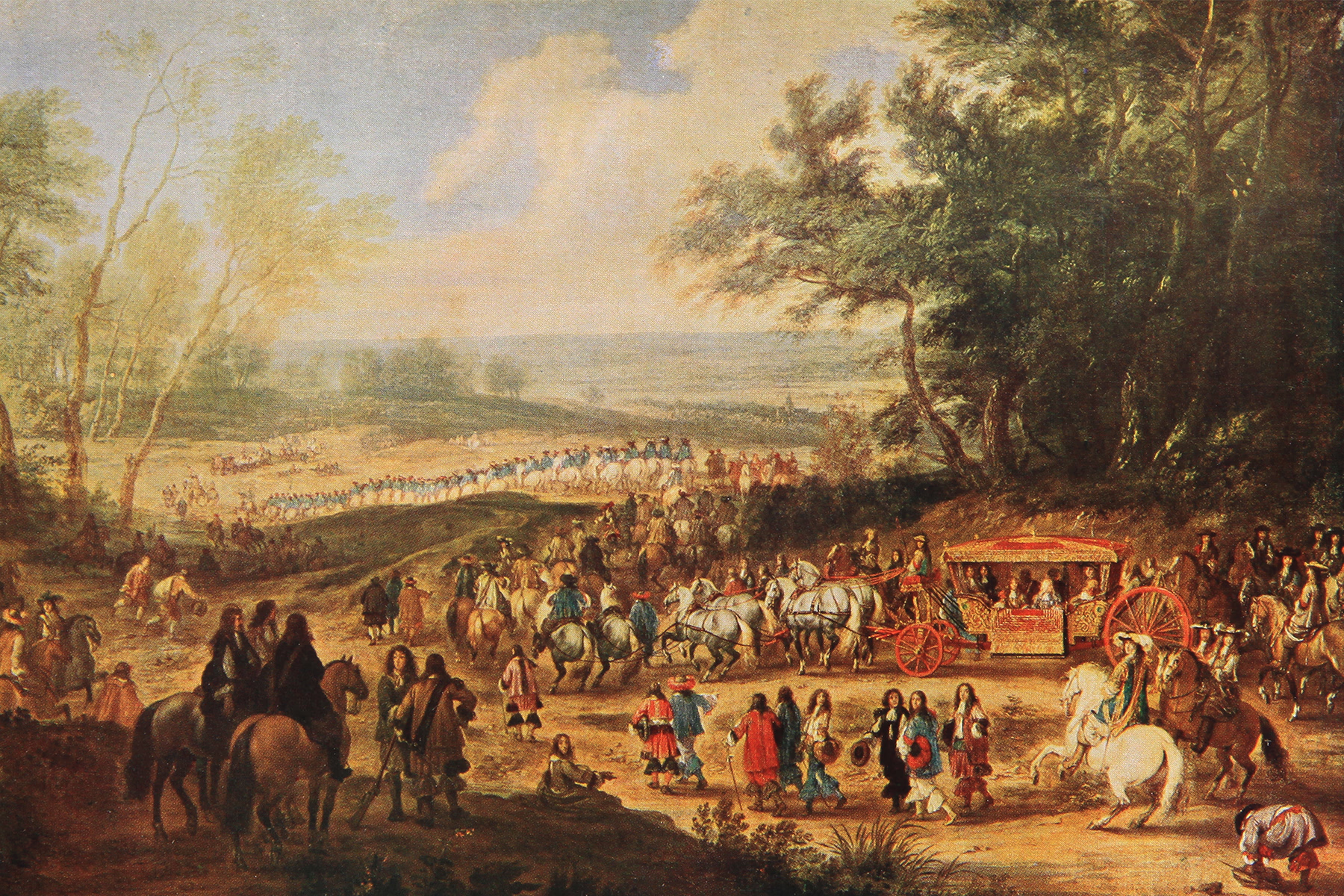
Middeleeuws Europa, de parfumeur en apotheker
Deze kennis werd later naar het middeleeuwse Europa gebracht, en het maken van parfums bloeide al snel onder de koninklijke hoven – vooral later in het 17e-eeuwse Frankrijk onder Lodewijk XIV en Engeland en Italië. Geuroliën werden ook gebruikt voor genezing en welzijn, waardoor de beroepen van parfumeur en apotheker of apotheker al snel nauw met elkaar verweven raakten.
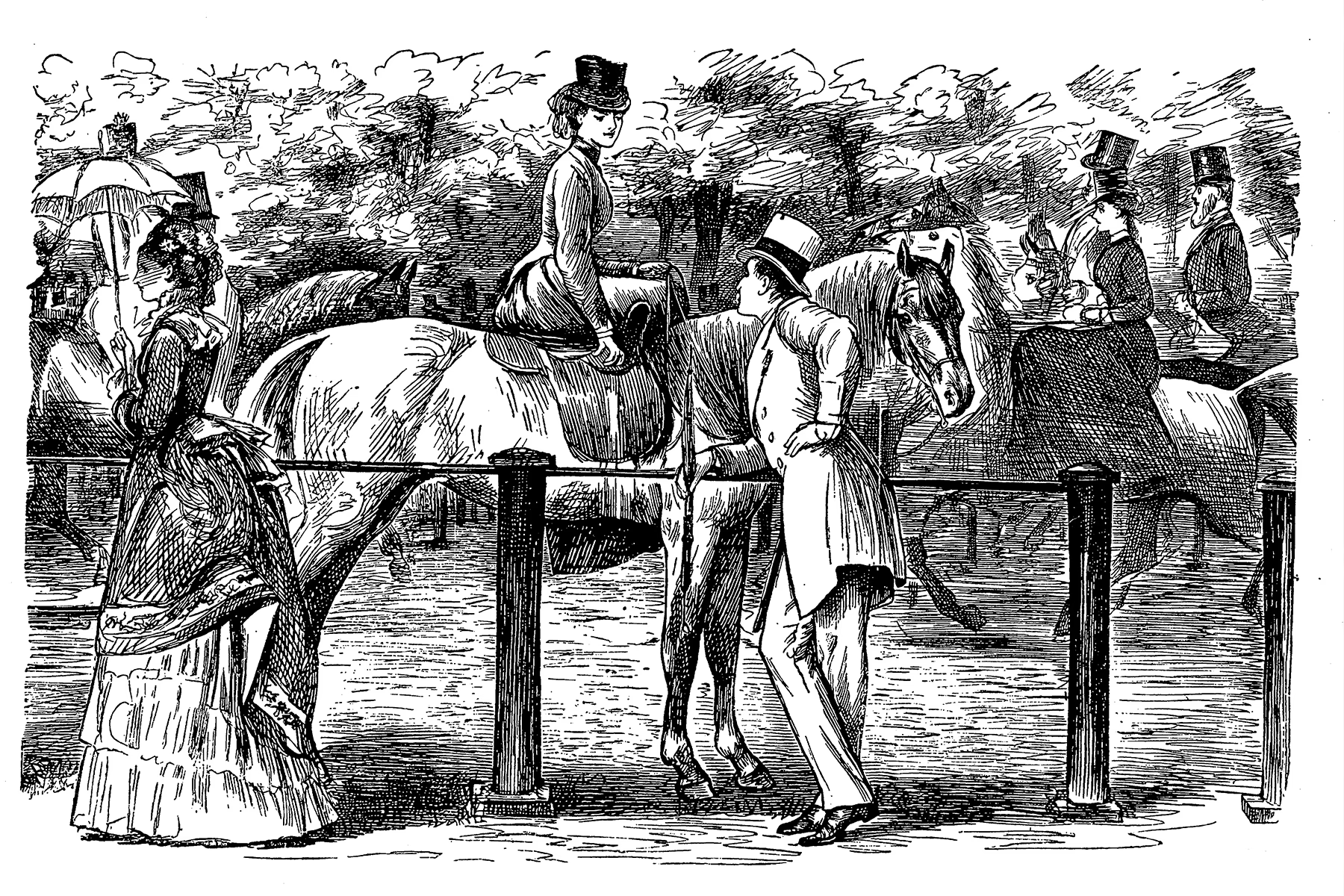
De geur maskeren
Vreemd genoeg was het de Europese leerindustrie die de ontwikkeling van de parfumerie versnelde. Bij de leerproductie in de 17e en 18e eeuw werd tijdens het looien gebruik gemaakt van rotte, onaangenaam ruikende processen, wat betekende dat lederwaren onaangename geuren verspreidden aan iedereen die ze gebruikte. De Europese adel en consumenten uit de hogere kringen eisten dat hun lederwaren aangenaam zouden ruiken. Fabrikanten van leren handschoenen, bekend als 'gantiers-parfumeurs', gingen de uitdaging aan in steden als Grasse in de Provence, dat beroemd was vanwege de teelt van plantaardige producten, met name bloemen die werden gebruikt om etherische oliën te produceren.
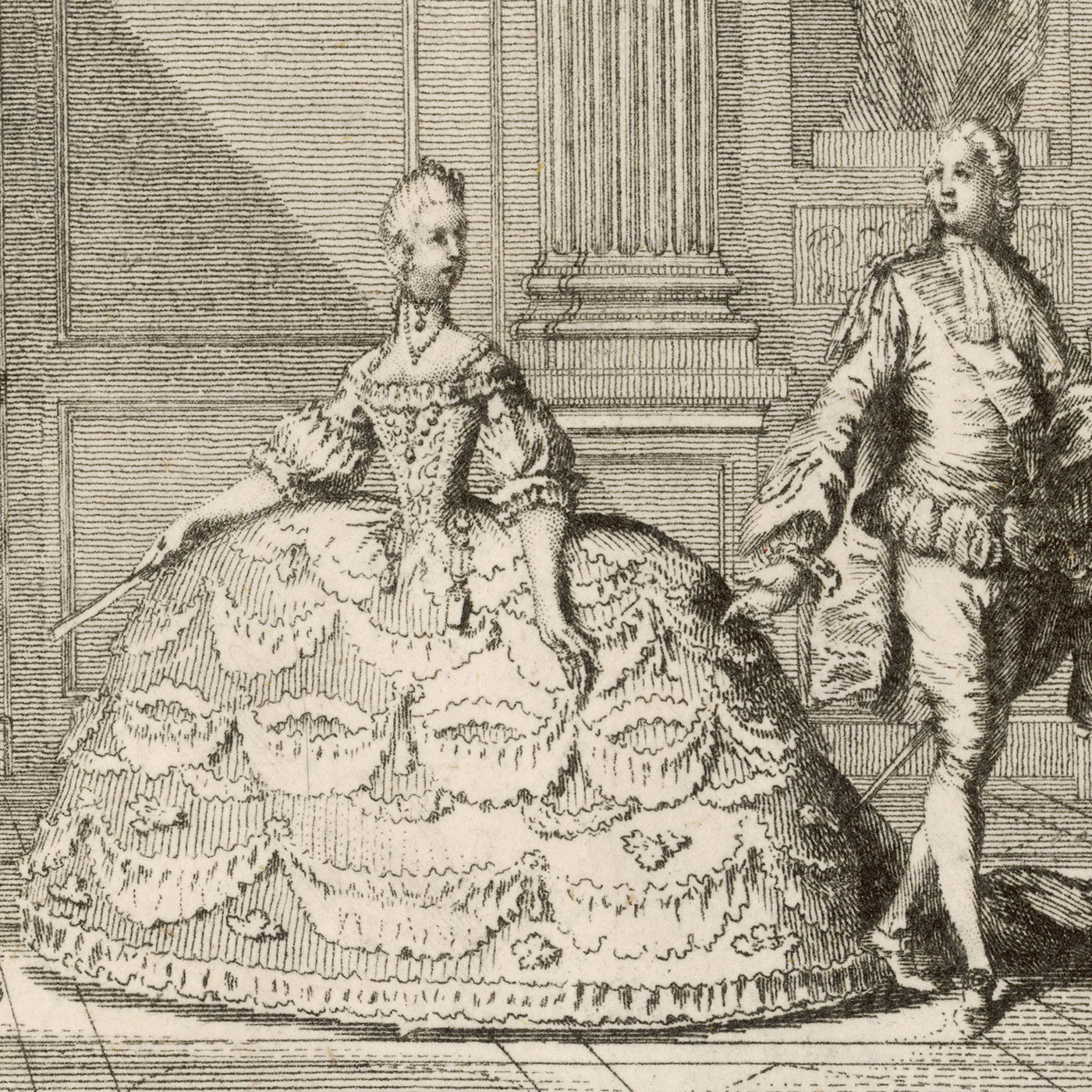
Marie Antoinette's liefde voor geur
In de 18e eeuw was de liefde van Marie Antoinette voor parfum goed gedocumenteerd. Haar geuren werden bereid door de toonaangevende meesterparfumeur Jean-Louis Fargeon, met wie ze een ongelooflijk nauwe relatie had. Fargeon creëerde een verscheidenheid aan geuren die bij haar verschillende omstandigheden en behoeften pasten – en ging zelfs zo ver dat ze geuren creëerde om haar badwater te laten ruiken. Haar diepgewortelde liefde voor parfum liet haar uiteindelijk in de steek – er werd gezegd dat ze pas als koninklijk werd erkend toen ze Varennes probeerde te ontvluchten vanwege haar unieke Houbigant-parfum.
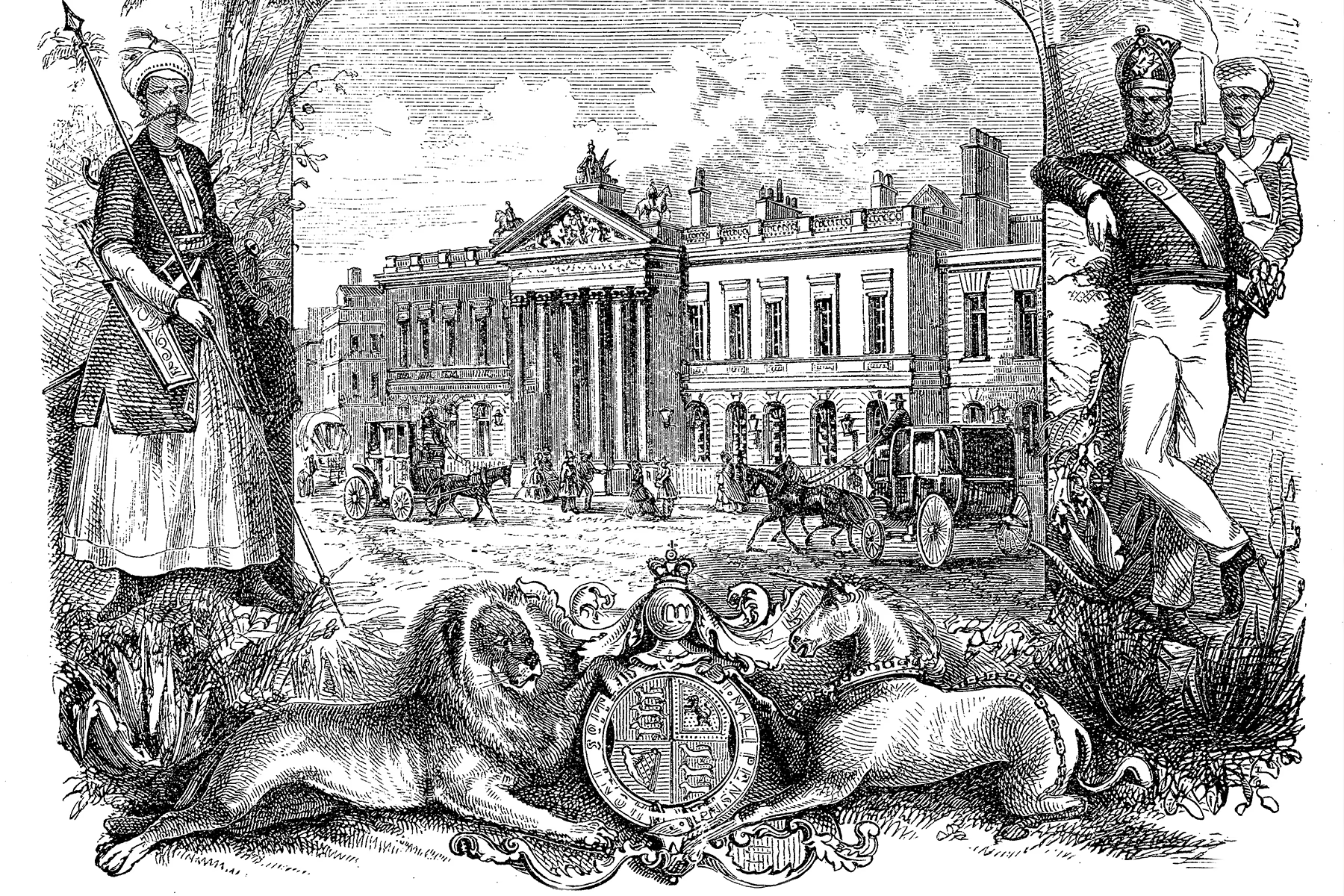
De opkomst van de Britse parfumindustrie
Aan het einde van de 18e en 19e eeuw brachten de Franse Revolutie en de oorlog in Europa Groot-Brittannië ertoe Europese geuren op de markt te brengen en te produceren. Groot-Brittannië kende een snelle industrialisatie en technologische vooruitgang, waardoor een bloeiende en steeds welvarender consumptiemaatschappij ontstond in vergelijking met de toenmalige directe buren. Met zijn mondiale handelsroutes en organisaties zoals de East India Company bracht het Britse Rijk verschillende exotische kruiden en ingrediënten naar zowel steeds veeleisender parfumeurs als consumenten. De moderne parfumwereld was geboren.
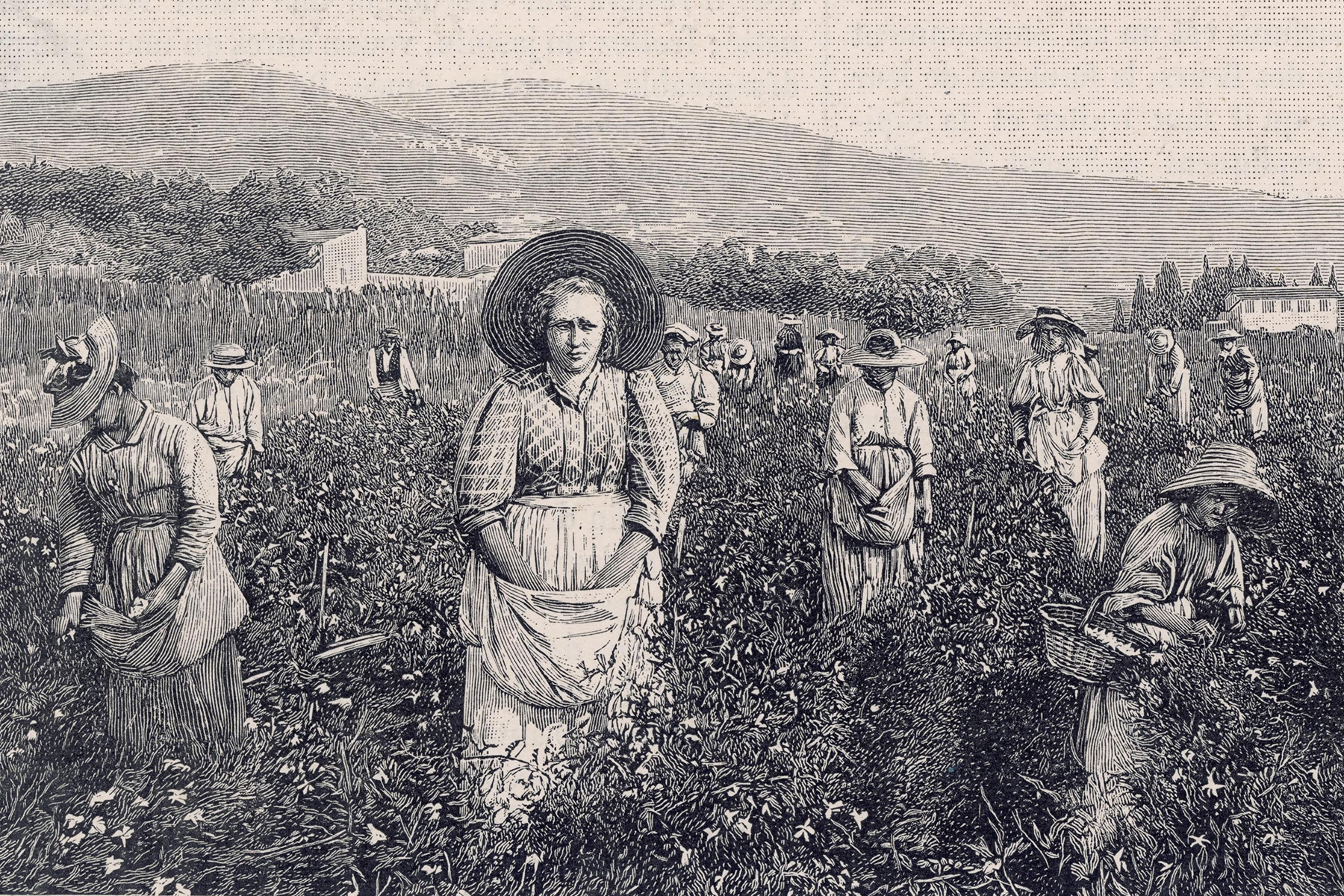
Natuur en wetenschap vermengen
Parfums worden meestal geproduceerd uit plantaardige ingrediënten: een mengsel van geurige plantaardige materialen. De essentiële oliën worden gewonnen uit verschillende plantendelen, bloemen, zaden en schors. Er zijn echter veel dingen veranderd sinds de begindagen van de parfumerie. Wetenschappelijke vooruitgang heeft het mogelijk gemaakt dat veel van deze natuurlijke verbindingen synthetisch kunnen worden geproduceerd. De moderne parfumerie die we vandaag de dag kennen, begon eind 19e eeuw met de commerciële synthese van aromaverbindingen zoals vanilline en coumarine. Dit leidde tot de creatie van parfums met aroma's die voorheen onbereikbaar waren uitsluitend uit natuurlijke bronnen.
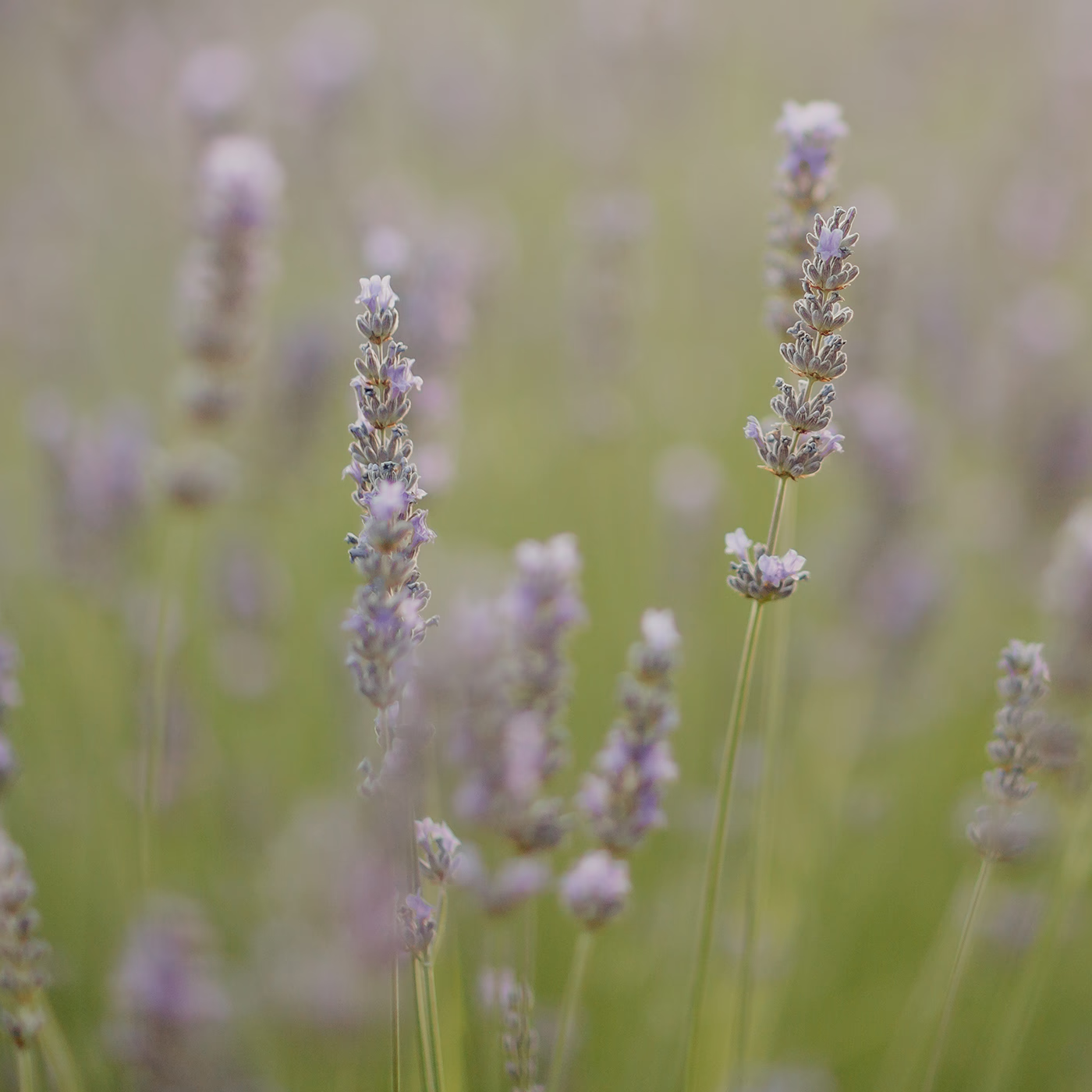
Van welzijn naar overleven
De aangenaam ruikende vluchtige deeltjes die vrijkomen uit deze geurige botanische verbindingen staan synoniem voor welzijn en welbevinden. Vandaag de dag versterken parfums de geur van onze leefruimtes, lichamen en kleding.
Onze reukzin blijft een essentieel signaal in ons moderne dagelijkse leven en geeft ons informatie over onze directe omgeving. Vanuit biologisch oogpunt blijft de reukzin van cruciaal belang voor de overleving van veel soorten, waaronder de onze.
Dit reukvermogen komt van gespecialiseerde zintuigcellen die reukneuronen worden genoemd en die zich bevinden in een klein stukje weefsel hoog in de neus. Deze cellen staan in directe verbinding met de hersenen en elk reukneuron heeft een geurreceptor.
Bij CRANBOURN®Wij geloven dat je dit prachtige reukzintuig moet koesteren door te genieten van geuren in je dagelijkse leven, waardoor je Art of Wellbeing™ wordt verbeterd.




